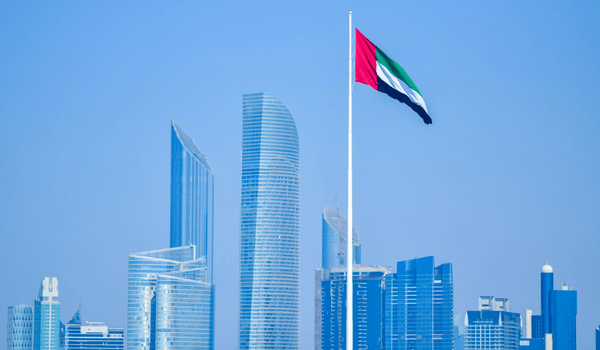A recent survey has revealed that the average salary in the UAE is projected to rise by four per cent this year, in contrast to a 2.3 per cent increase in inflation.
The survey disclosed that 53 per cent of companies are looking to raise employee salaries in 2024. Among these, 39 per cent are planning increases of up to five per cent, around one in ten anticipate raises between 6 to 9 per cent, and five per cent are gearing up for increases of 10 per cent or more.
For many individuals, particularly those belonging to mid-to-low income brackets, the idea of receiving a raise feels like an elusive aspiration, as reported by the Khaleej Times. Reportedly, some haven’t experienced a salary increase in as long as seven years, compelling them to make the tough choice of sending their families back home in order to manage their finances.
Adding to the burden, rising fuel expenses and a general increase in living costs have impacted.
Despite hopes pinned on annual salary increments, many expatriates find themselves grappling with stagnant incomes and an ever-increasing cost of living, forcing them to make difficult decisions regarding their families and future plans.
Recently, Saudi Arabia has introduced significant reforms to its domestic worker sponsorship system, aiming to improve the contractual relationship between employers and employees. This move is said to address a longstanding challenge in the Gulf job market.
The reforms, spearheaded by the Ministry of Human Resources, prioritises the rights of both parties. Notably, out-of-work domestic workers will now benefit from a two-month grace period to exit the country or secure employment with a new sponsor. This applies to all domestic worker categories adhering to the prescribed regulations.



